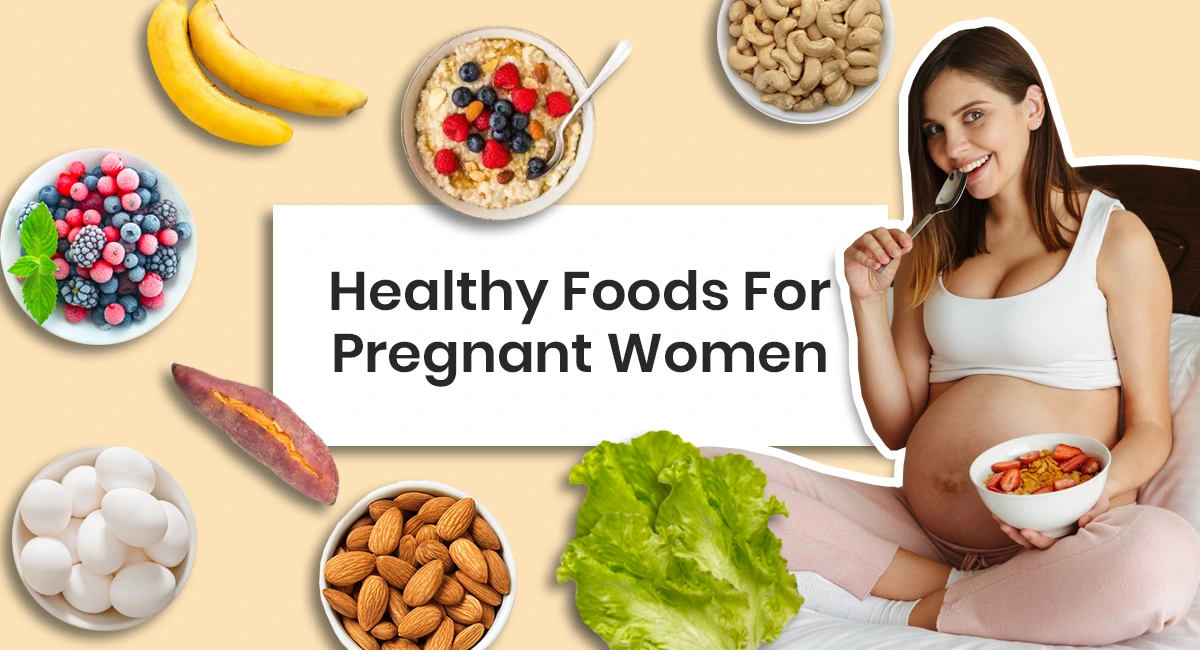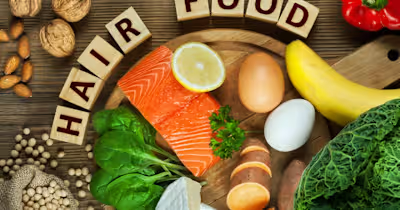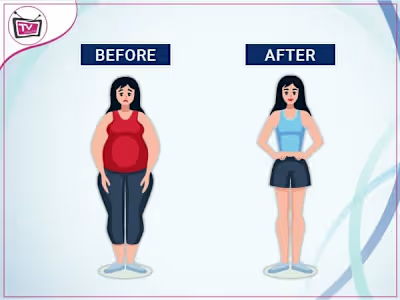which food for healthy in pregnant woman
A healthy diet is crucial for pregnant women to support both their own well-being and the proper development of the baby. Here are some important nutrients and foods to include in a pregnant woman's diet:

1. **Folate and Folic Acid**: These are essential for preventing birth defects in the baby's brain and spine. Foods rich in folate include leafy greens, citrus fruits, beans, lentils, and fortified cereals.
2. **Iron**: Iron is important for preventing anemia in both the mother and the baby. Good sources of iron include lean meats, poultry, fish, beans, lentils, tofu, and iron-fortified cereals.
3. **Calcium**: Calcium is necessary for the baby's bone development and the mother's bone health. Dairy products like milk, yogurt, and cheese are excellent sources. If you're lactose intolerant or prefer non-dairy sources, consider fortified plant-based milk and leafy greens.
4. **Protein**: Protein supports the growth of the baby's organs and tissues. Good sources include lean meats, poultry, fish, eggs, dairy products, legumes, nuts, and seeds.
5. **Omega-3 Fatty Acids**: These are crucial for the baby's brain and vision development. Fatty fish like salmon, trout, and sardines are rich sources. If you're vegetarian or don't consume fish, you can consider plant-based sources like flaxseeds, chia seeds, and walnuts.
6. **Fiber**: Fiber helps with digestion and prevents constipation, which is common during pregnancy. Whole grains, fruits, vegetables, legumes, and nuts are great sources of fibers.
7. **Vitamin D**: Vitamin D is important for calcium absorption and bone health. It's found in fatty fish, fortified dairy products, and through sunlight exposure (but discuss sun exposure with your healthcare provider).

8. **Vitamin C**: Vitamin C supports the body's immune system and aids in iron absorption. Citrus fruits, strawberries, bell peppers, and broccoli are rich in vitamin C.
9. **Hydration**: Drinking plenty of water is essential to support the increased blood volume and amniotic fluid during pregnancy.
10. **Healthy Fats**: Include sources of healthy fats like avocados, nuts, seeds, and olive oil to support the baby's brain development.
11. **Avoid Certain Foods**: Pregnant women should avoid raw or undercooked seafood, eggs, and meat to prevent exposure to harmful bacteria like salmonella. Also, avoid unpasteurized dairy products and soft cheeses. Limit caffeine intake and avoid alcohol entirely.
Remember, every woman's nutritional needs during pregnancy can vary, so it's important to work with a healthcare provider or a registered dietitian to develop a personalized eating plan that meets your specific needs and preferences. They can guide you based on your individual health considerations and any potential complications.
Like this project
Posted Sep 5, 2023
A healthy diet is crucial for pregnant women to support both their own well-being and the proper development of the baby. Here are some im...
Likes
0
Views
1



